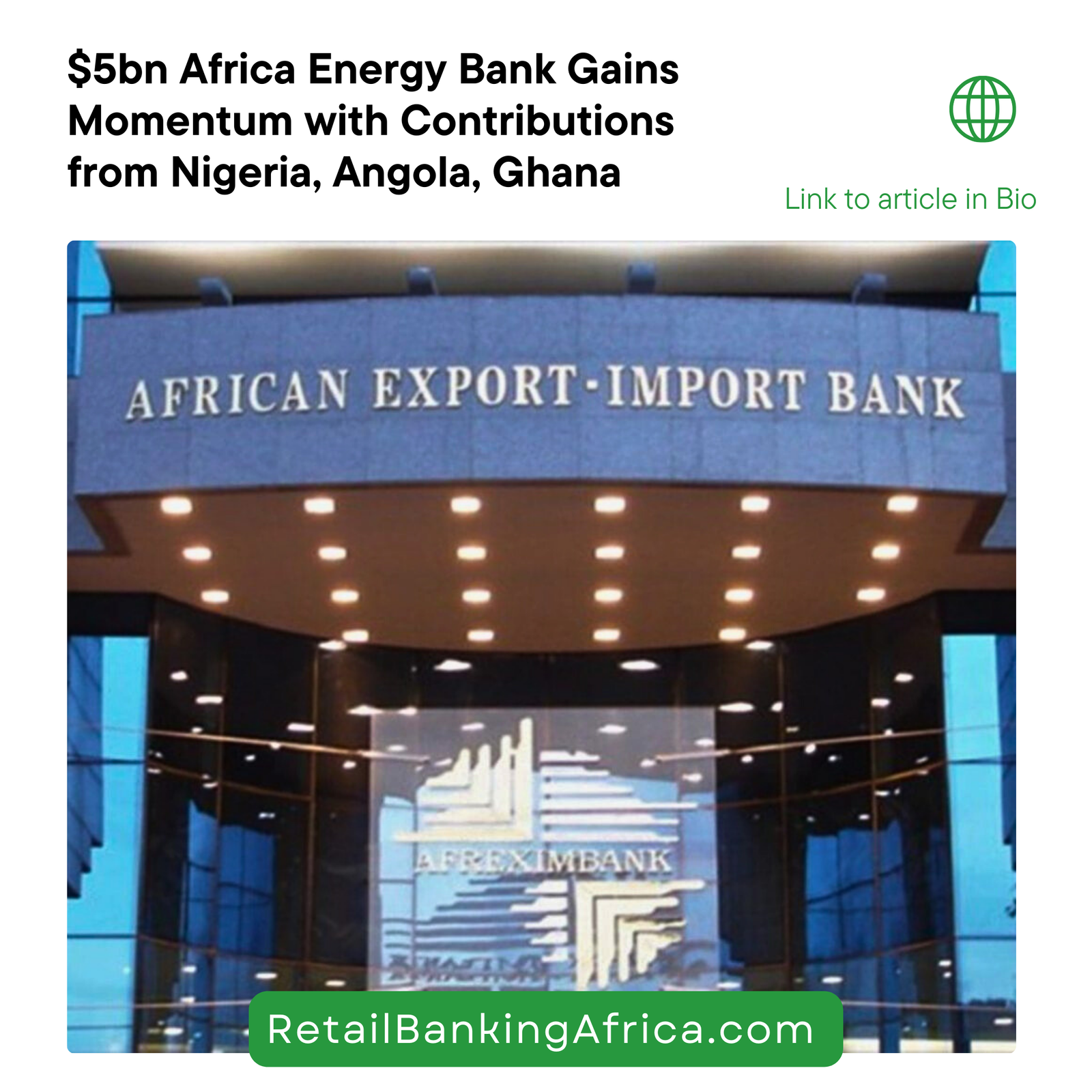In a landmark development for Africa’s fintech landscape, Nigeria has been ranked the number one country globally for stablecoin adoption in 2025, according to the newly released State of Digital Assets Regulation in Africa report by Yellow Card—the continent’s leading licensed stablecoin payment provider.
The report also places Nigeria second only to India in overall digital asset usage, confirming the country’s pivotal role in the global Web3 ecosystem. The findings showcase a significant shift: Nigerians are not just dabbling in crypto—they are actively leveraging USD-pegged stablecoins as practical tools for cross-border payments, currency hedging, and access to dollar-based savings in a fragile macroeconomic environment.
Key Figures and Findings
• Nigeria leads global stablecoin adoption, with 25.9 million digital asset users, equating to an 11.9% national penetration rate.
• Sub-Saharan Africa holds the highest global stablecoin adoption rate at 9.3%.
• Africa collectively accounts for over 54 million digital asset users, a strong signal of rising grassroots demand.
Yellow Card attributes this surge to economic pressure points such as currency devaluation, double-digit inflation, and the high cost of remittances—pain points that stablecoins and decentralized finance solutions are uniquely equipped to solve.
“Nigeria’s leadership in stablecoin adoption is more than just a tech milestone—it’s a grassroots financial revolution,” the report notes. “This demonstrates how digital innovation thrives under economic pressure when traditional systems fall short.”
Africa’s Expanding Crypto Map
Nigeria isn’t alone. Nine other African nations made the global top 50 list for digital asset usage:
• Ethiopia (26th)
• Morocco (27th)
• Kenya (28th)
• South Africa (30th)
• Uganda (34th)
• Algeria (43rd)
• Egypt (44th)
• Ghana (46th)
• DR Congo (48th)
Even countries with restrictive regulations—like Algeria, Egypt, and Morocco—report millions of users, underscoring that demand for digital assets often outpaces regulatory readiness.
Regulatory Outlook and the Road Ahead
While frameworks remain fragmented, momentum is building toward formal regulation. Countries like Morocco are set to unveil comprehensive crypto legislation by Q4 2025, while Central Bank Digital Currency (CBDC) trials are underway in over 10 African nations.
Yellow Card concludes that clearer policies will unlock more investment, user trust, and financial inclusion. As digital assets become deeply embedded in African economies, Nigeria’s trailblazing role is expected to inspire a wave of fintech innovation continent-wide












